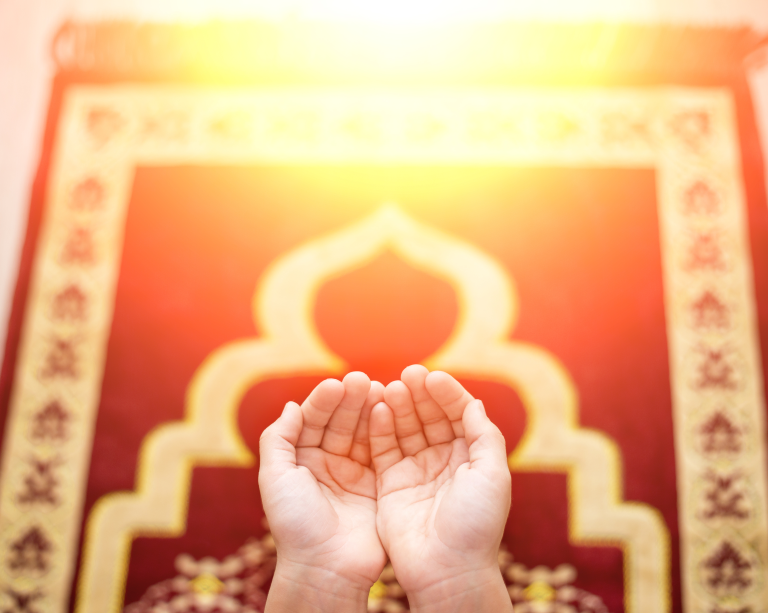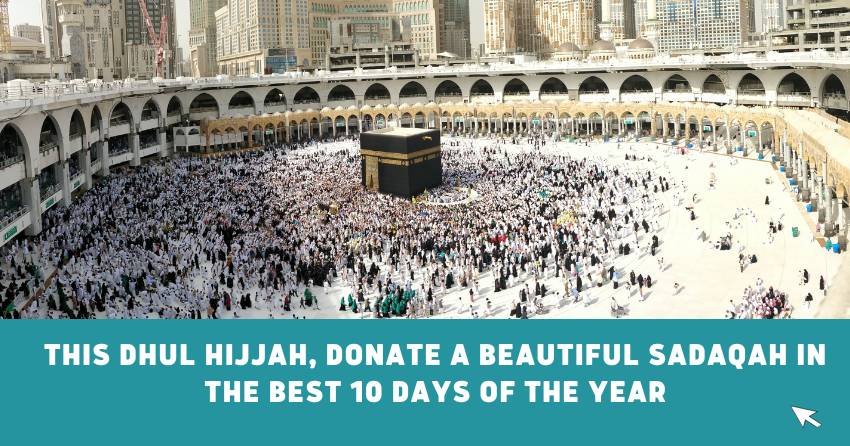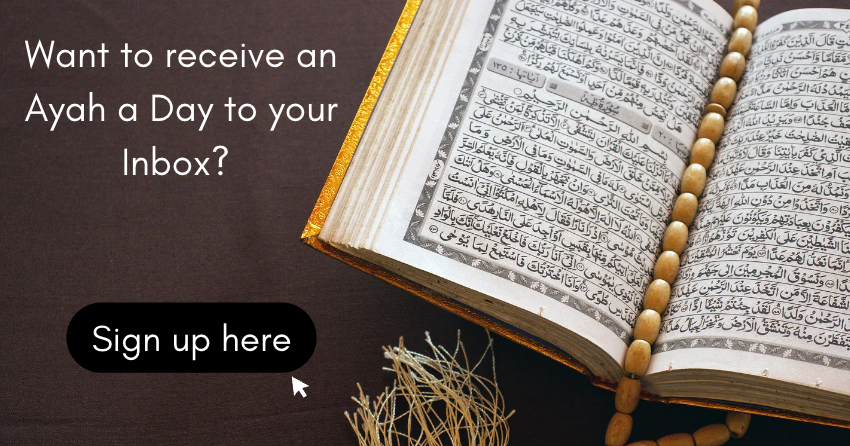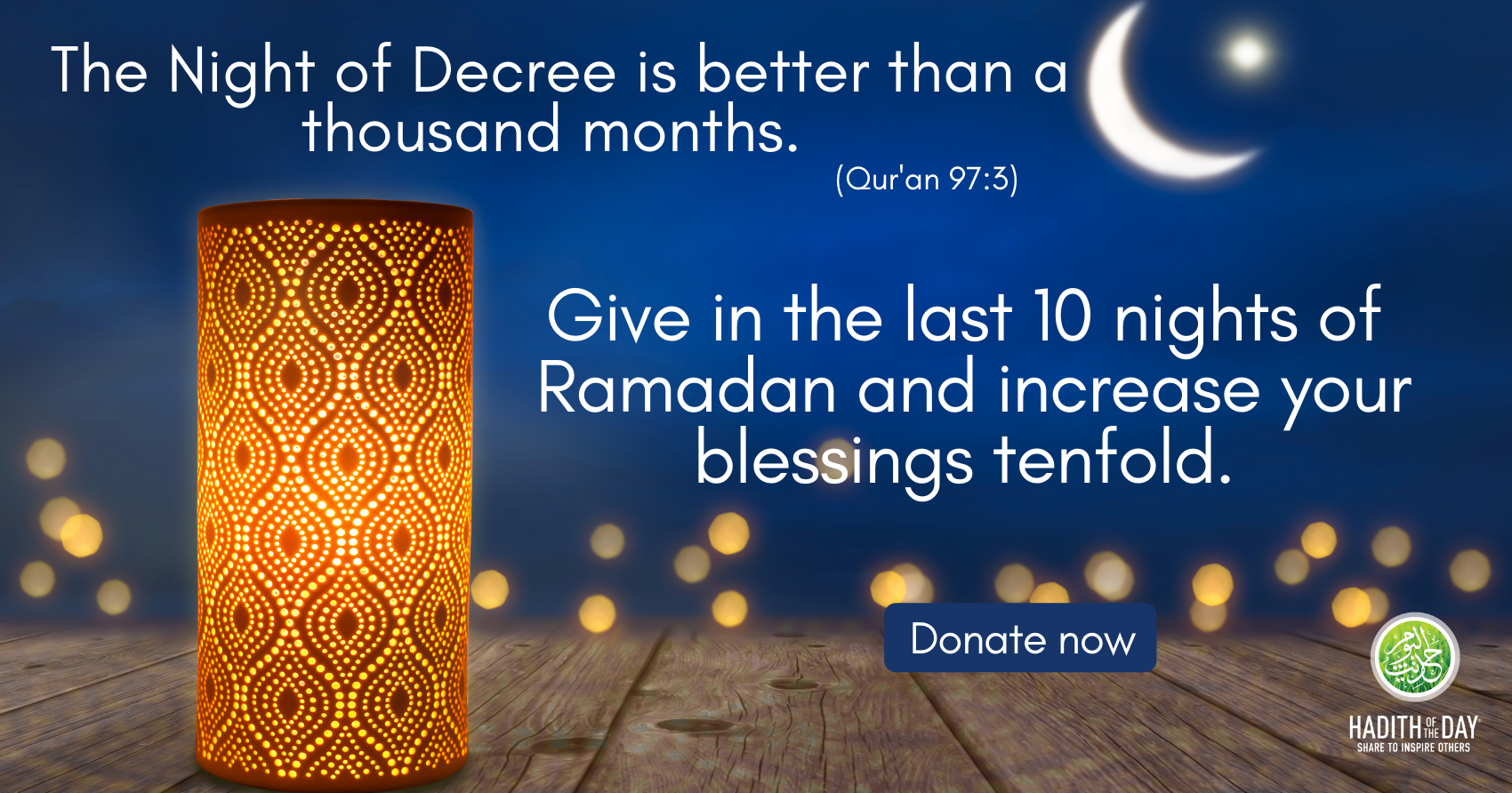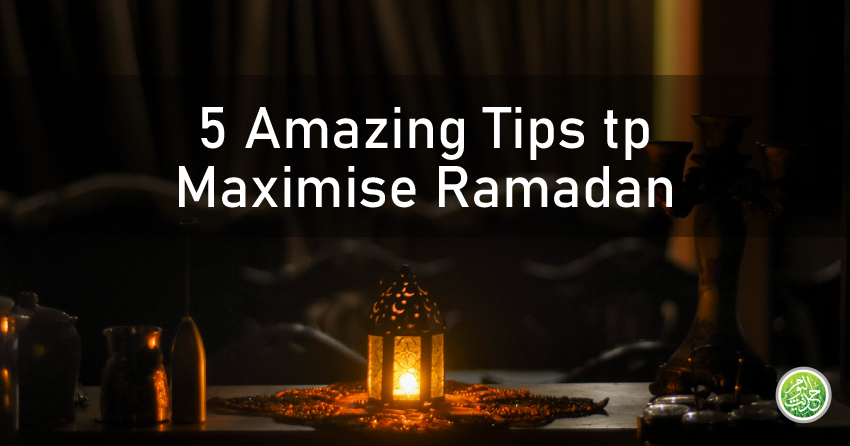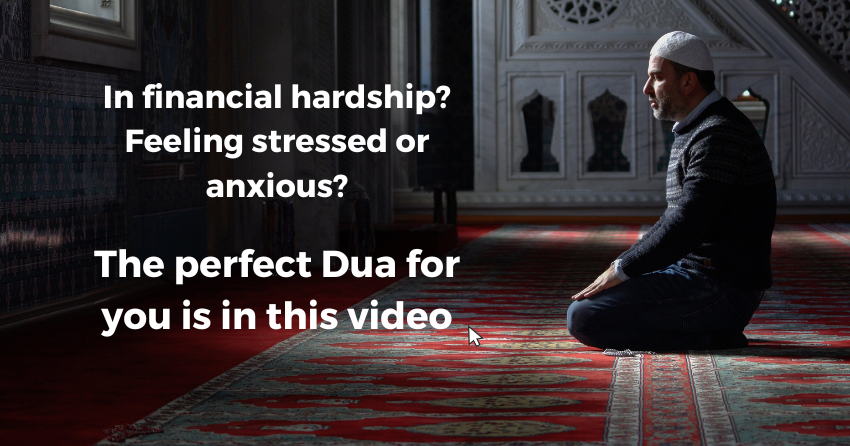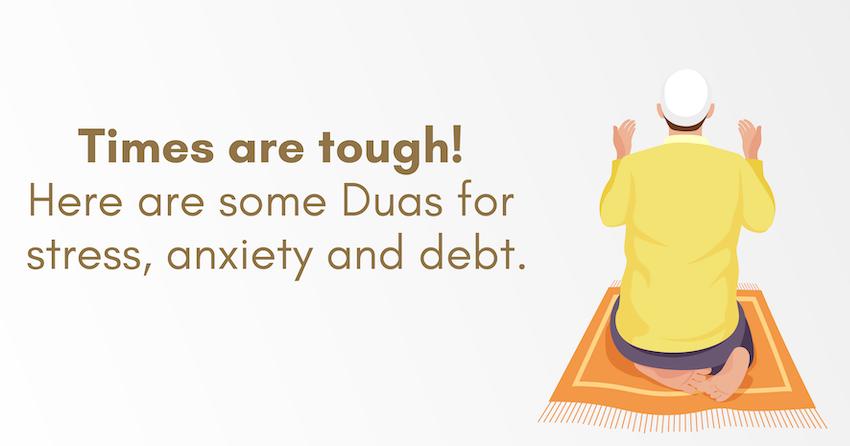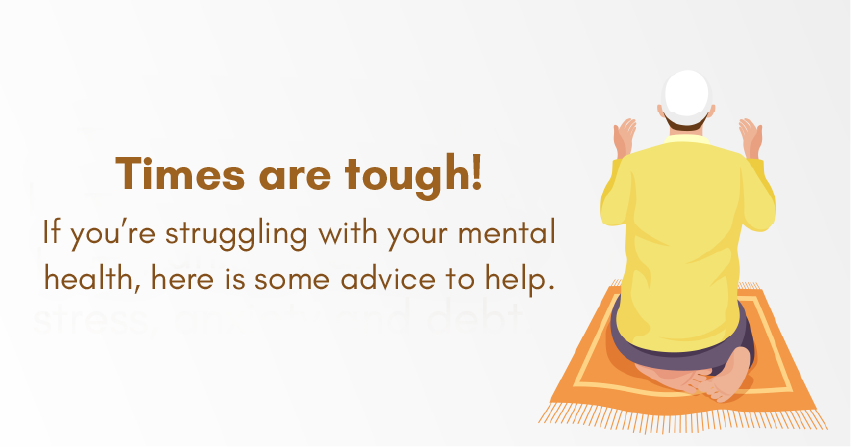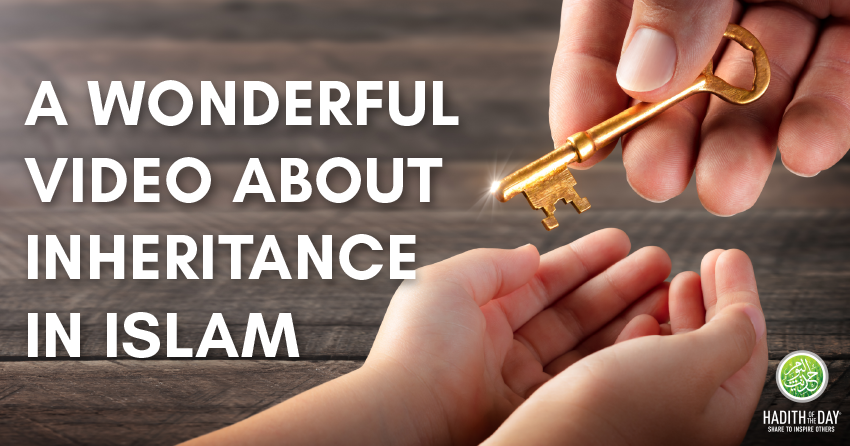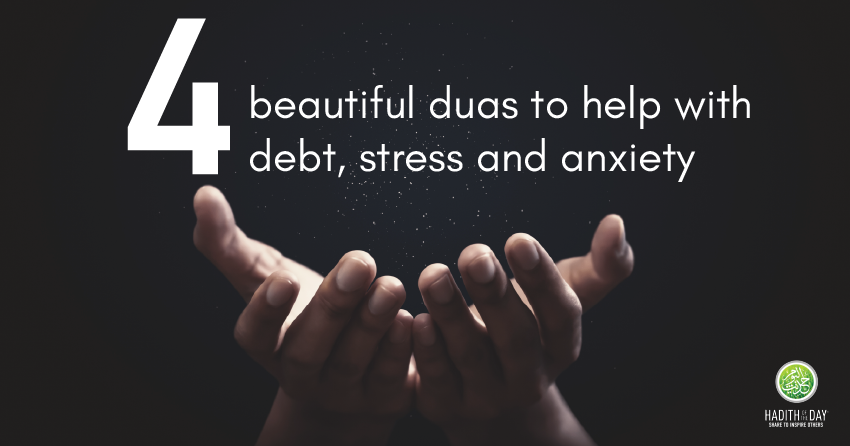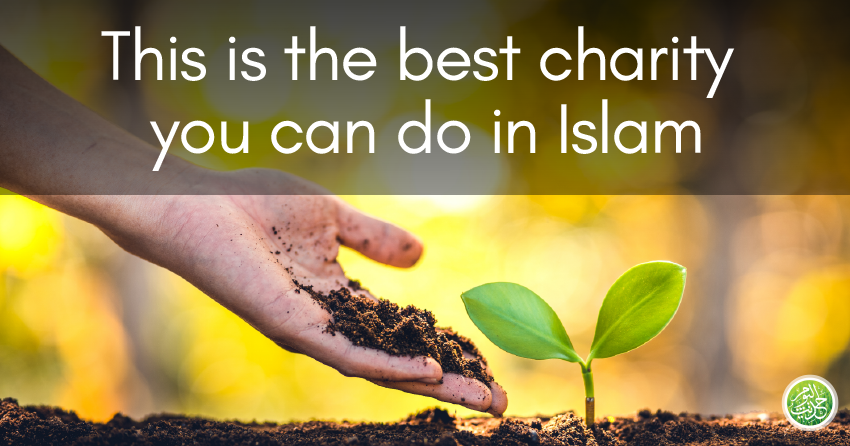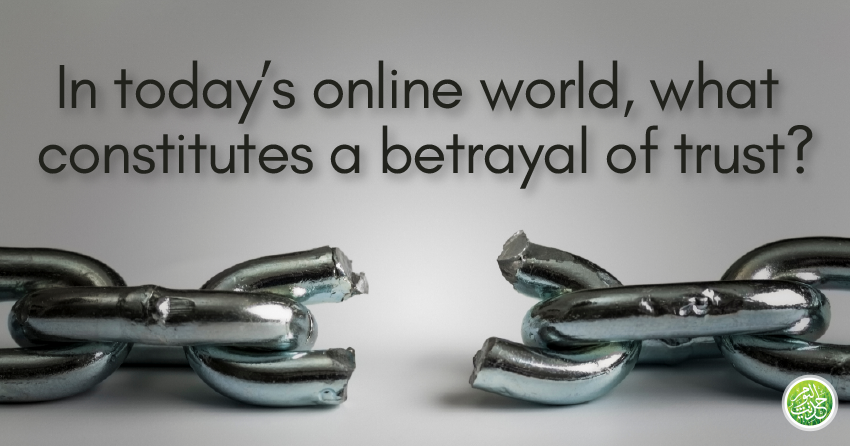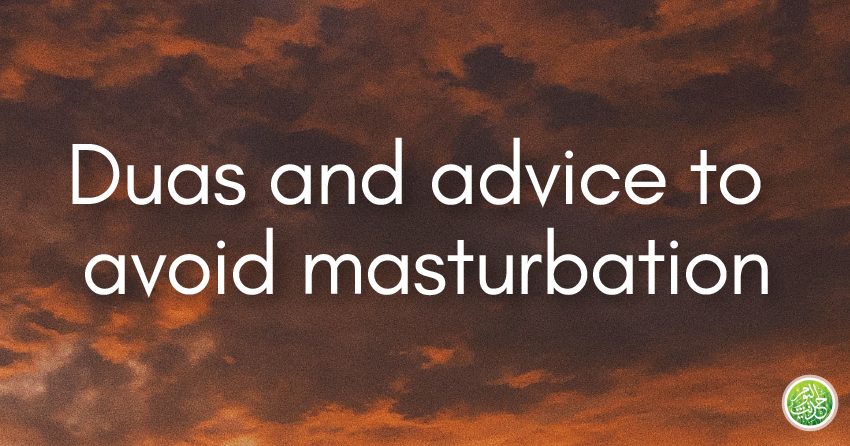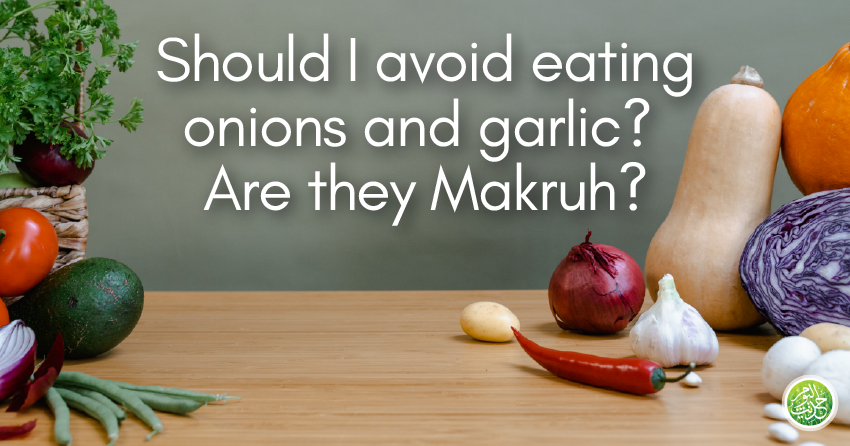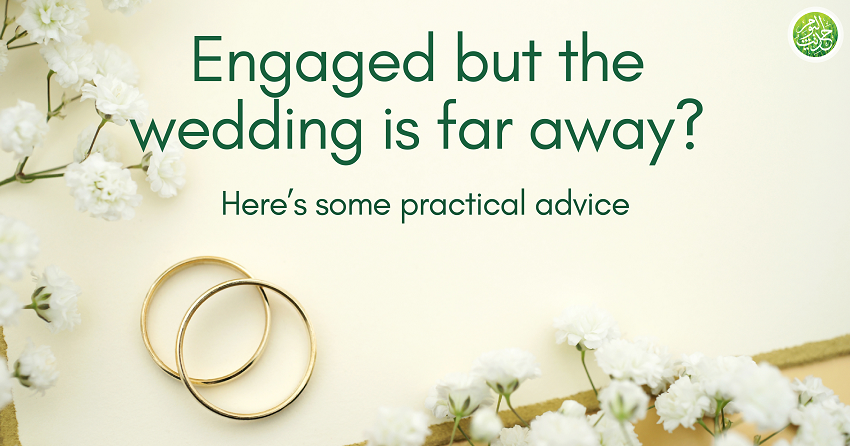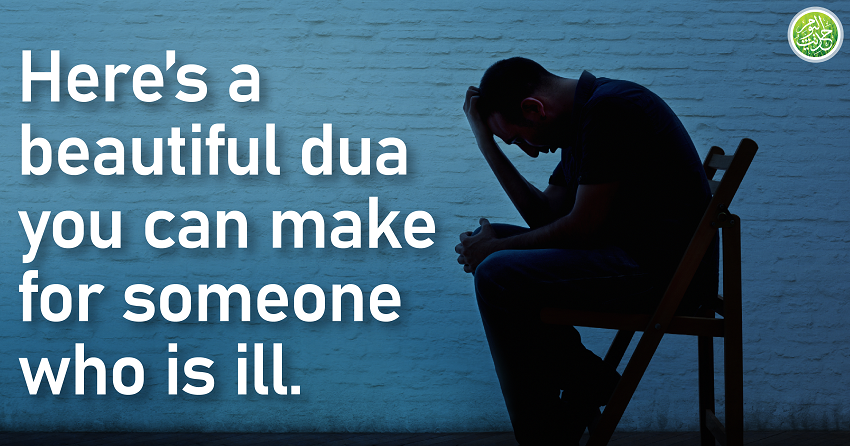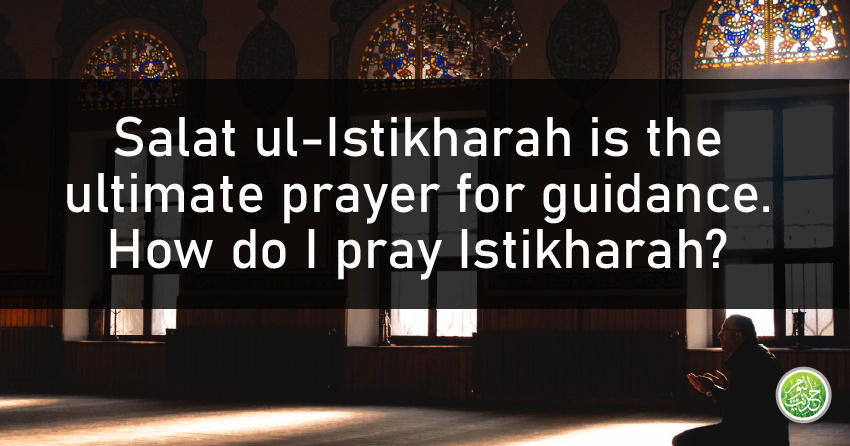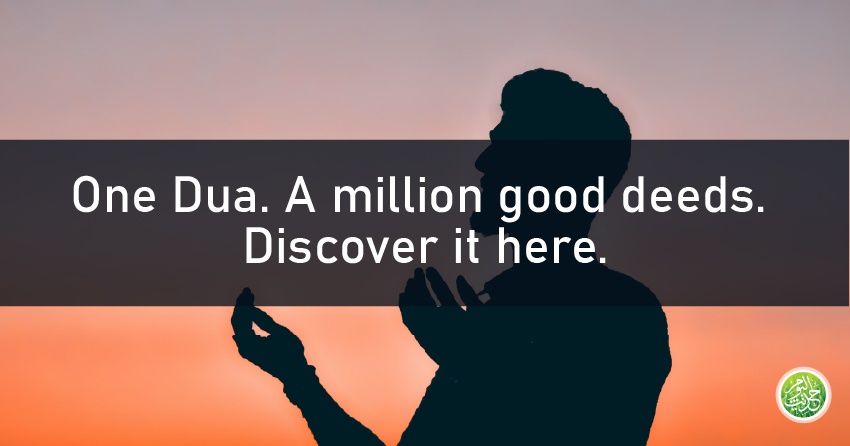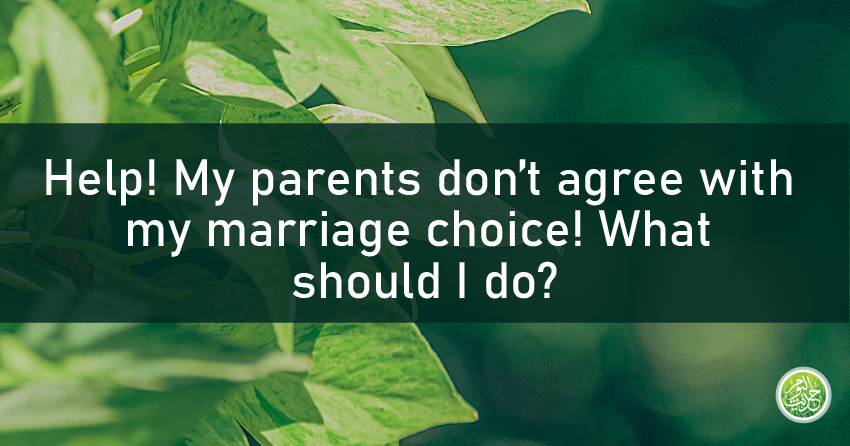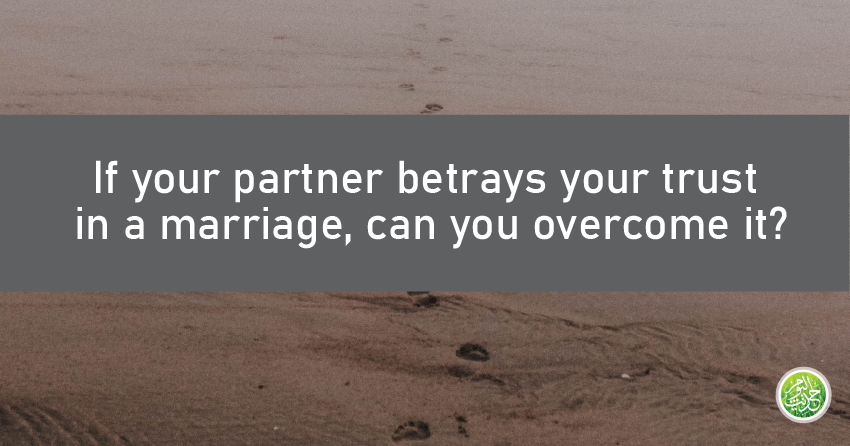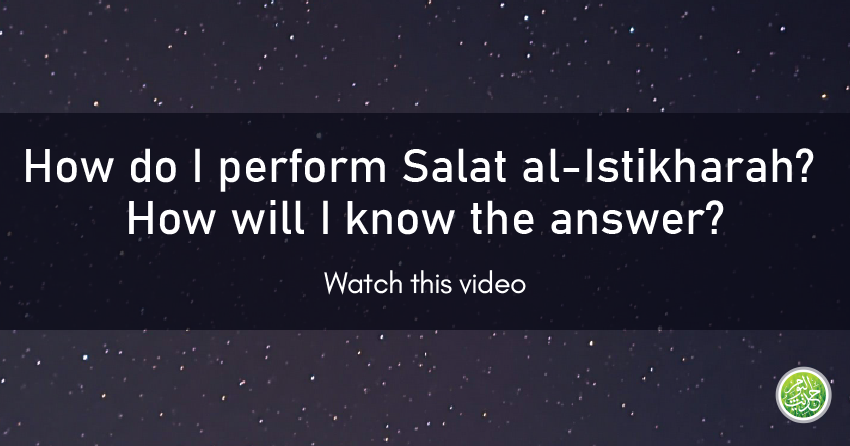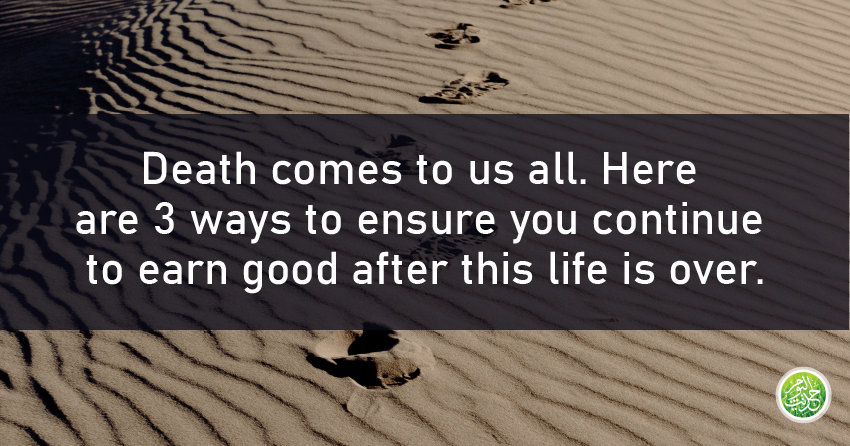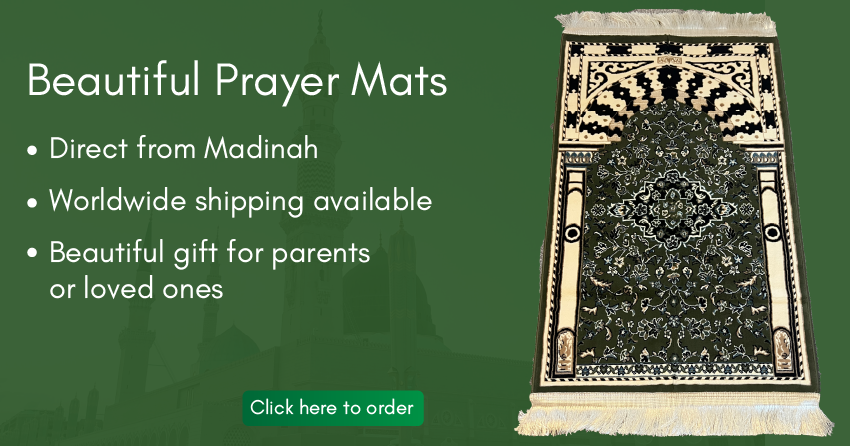Sustaining the Good Habits of Ramadan
by Sadia Ashraf
After Ramadan do you breathe a sigh of relief? Do you easily fall back into the same habits of your pre-Ramadan self or do you try to uphold some of the practices of Ramadan? Do you stop fasting for the whole year until the next Ramadan?
Once Ramadan has passed, it is arguably more difficult to sustain the practices adopted during Ramadan than practicing these things in Ramadan itself. However, if we treat Ramadan as the training ground for the rest of the year, then we are sure to want to retain some of its lessons and practices.
Formation of Good Habits
While we might try to convince ourselves that Ramadan is a holy month and therefore requires more effort, it is important to remember that an act done consistently, even if a little, pleases Allah سبحانه و تعالى:
“And the most beloved of deeds to Allah are those that are continuous, even if they are few.”
[Sunan an-Nasa’i]
But, how exactly can you maintain the heightened feelings of spirituality AFTER the holy month? If we are blessed enough to be able to see the next Ramadan? Do you want to enter it in the same state you entered this one?
Imam Shaafi’ once said,
“There is nothing more sacred after the fundamental obligations of faith than searching for knowledge”
(Kitab al-Um)
Therefore, if we are to be seekers of knowledge throughout our lives then surely we should use each Ramadan to build upon our successes of the previous one?
Do Not Compare Yourself with Others
One easy way of becoming disheartened by the progress you have made as an individual during Ramadan is to compare yourself with others. Yes, your best friend may have read the Qur’an 4 times over during Ramadan but if you have completed half of it and last year you barely read a page, then this dear brothers and sisters is an achievement. It is extremely important – as Productive Muslim teaches and constantly reminds – to have sincere intentions and work hard.
Allah سبحانه و تعالى reminds us in the Qur’an
“do not despair of the mercy of Allah”
[Qur’an: Chapter 39, Verse 53]
Have the faith that Allah سبحانه و تعالى will be looking at your actions alone and not comparing you with anybody else.
Keep Up the Habit of Fasting
There are many hadiths to suggest the importance of fasting on Monday and Thursday:
Narrated Usamah ibn Zayd:
“The Prophet ﷺ used to fast on Monday and Thursday. When he was asked about it, he said: The works of the servants (of Allah) are presented (to Allah) on Monday and Thursday
[Sunan Abi Dawud]
While it is clear that these fasts are not fard upon us, the benefits are obvious. Your stomach is easing back into its normal routine after a month of fasting so giving it days off are a good idea, and your spirituality will be heightened on a regular basis too. Also, for those people who have missed any fasts for whatever reason, this gives you the opportunity to beat procrastination and make up your outstanding fasts in good time.
In addition to the above recommended times for fasting, it was narrated from Abu Ayyub that the Messenger of Allah ﷺ said:
“Whoever fasts Ramadan then follows it with six days of Shawwal, it is as if he fasted for a lifetime.”
[Sunan Ibn Majah]
Also, Abu Dharr رضي الله عنه said: The Messenger of Allah ﷺ said to me:
“When you fast three days out of a month, then fast the thirteenth, fourteenth, and fifteenth.”
[Jami` at-Tirmidhi]
Even non-Muslims are even beginning to see the health benefits of fasting intermittently throughout each month.
Keep Your Dua Fresh
.Allah سبحانه و تعالى reminds us that He listens and answers the call of all of His believers and worshippers. Allah سبحانه و تعالى says in the Qur’an:
“I respond to the invocation of the supplicant when he calls upon Me.”
[Qur’an: Chapter 2, Verse 186]
So don’t hold back. This is your chance to ask for everything that you want and need in life. Your chance to thank Allah سبحانه و تعالى for your blessed existence. You have nothing to lose in asking Allah سبحانه و تعالى for everything that you want.
Make a list for your duas. Don’t necessarily keep the same list as that of Ramadan. As your needs and life evolve over the years, your duas should evolve with you. If you think about it carefully, it makes no sense for your duas at the age of 30 to be the same as that of your duas when you were 15. So much is likely to have changed in those fifteen years, especially In sha Allah your spirituality and religiosity. So ask yourself if your duas should also change.
To keep yourself productive, do not forget the following simple and short but powerful dua:
‘Allahumma inni ‘a’udhubika minal hammi walhuzni, Wal’ajzi walkasali, walbukhli waljubni, Wa dal’id-daiyni wa ghalabatir-rijal.’
‘O Allah, I take refuge in You from anxiety and sorrow, weakness and laziness, miserliness and cowardice, the burden of debts and from being over powered by men.’
Trying to Change Too Much?
From experience, you’re probably aware of the fact that New Year’s Resolutions are rarely stuck to past the month of January due to the sheer number of things people try to change in their lives at once.
If the above practices seem far too daunting to maintain throughout the year after Ramadan has finished, then focus on one area that seems sustainable for you. Again, do not concern yourself with anybody else. Focus on what works for YOU. Focus on maintaining what is achievable and right for YOU.
Your affair is between you and Allah سبحانه و تعالى alone. Don’t let other people discourage you on your own spiritual journey.
How Can I Uphold the Productive Practices of Ramadan?
Below is a suggested list of steps to take to make a sustainable plan for maintaining the productive practices of Islam.
1. Compare yourself now to how you were after the previous year’s Ramadan.
How do you behave differently? How do you feel spiritually? Do you feel you could have done better in some areas? Make a list comparing the present you and you last Ramadan. How are you different? If you have truly striven to participate fully in the holy month then I am sure you will have no problem completing this exercise.
2. Make a list of the practices that you adopted during THIS Ramadan. How was your life different during Ramadan compared with the rest of the year? Below are some points to consider:
- Were you praying on time for every prayer?
- Did you update your dua and keep it fresh?
- Did you give more charity?
- Did you sleep early and wake up early?
- Did your diet and eating habits change? Were you eating lighter, healthier food? Were you following the sunnah of keeping
“one third of food, one third for drink and one third for air.”
[Sunan Ibn Majah] - How about your patience? Did your attitude towards others change? Did you refrain from backbiting and/or slandering others?
3. From the above list, choose 1-3 areas that you wish to improve upon and maintain in the months before the next Ramadan.
The Sahabah رضي الله عنه used to start preparing for the holy month 6 months beforehand. Yet we somehow convince ourselves that we only require a few weeks to do so! Set yourself a target of how you envisage yourself by the time you reach the next Ramadan In sha Allah. This way you can keep focused what it is you’re working towards.
Since You’re Here… we have a small favour to ask.
In these extraordinary times, millions rely on HOTD for daily uplifting & inspiring content. Established since 2009 and with your kind support we’ve seen readers elevate their Imaan & strive for better on a daily basis. We’re committed to keeping our content freely available and open for all readers. Every contribution, however big or small, makes a difference and help us spread knowledge to millions daily
HOTD is something special, it’s a place where people can come to be inspired, to renew their faith, to learn and share knowledge, to fall in love with our faith and also our Prophet (peace and blessings be upon him and his family).
All content on HOTD is free. We believe what we do in this life builds for the next one and we work tirelessly with the aim to please Allah and inspire the global Muslim community as
well as providing information and inspiration for anyone interested in Islam. We simply cannot do this without your support and your support helps us continue our services.
If there were ever a time to join us, it is now. You can support HOTD and help sustain our future. Support Hadith of the Day and make a one-off donation or give regularly from as little as £10 a month Jazak’Allah Khayr – whatever you donate will come back to benefit you Insha’Allah as whatever is spent in the way of Allah is an investment in the future and the next life. Thank you.




